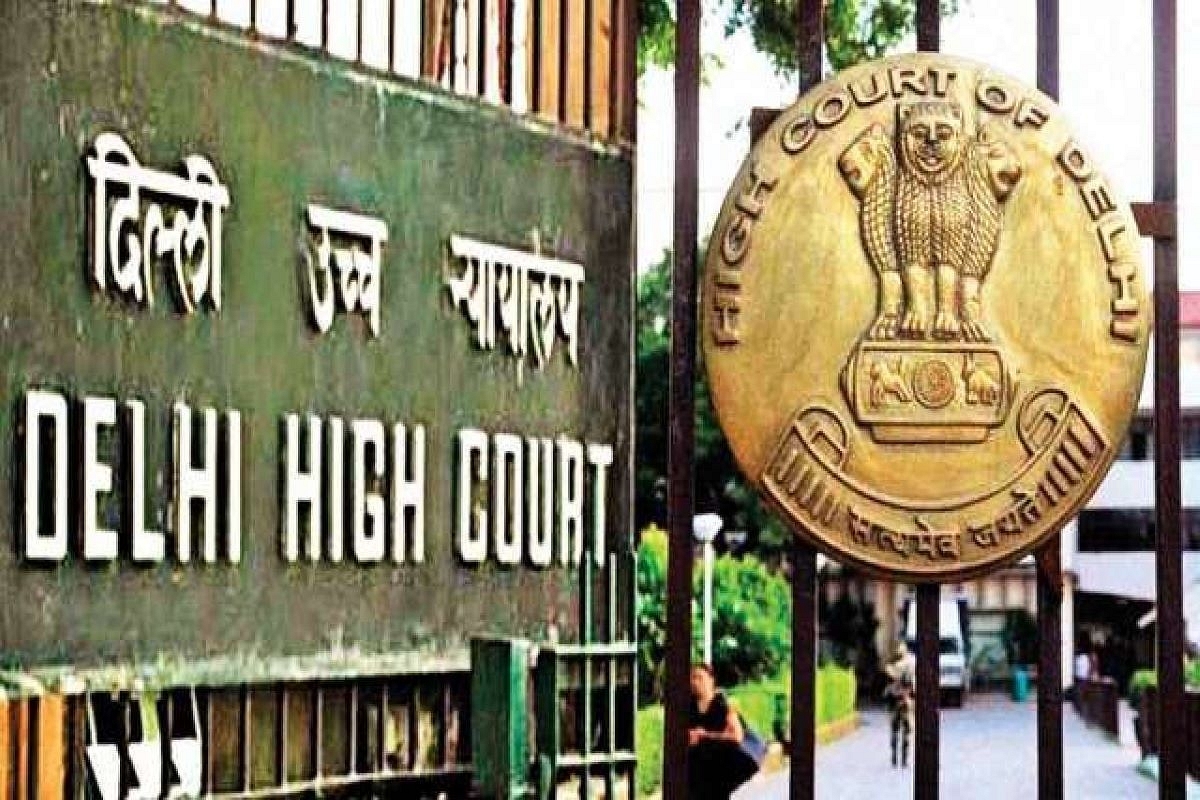News Brief
Delhi HC: 'Nothing To Establish FCRA Is Selectively Used'; Dismisses Petition For Establishment Of Independent Tribunal

The Delhi High Court. (Representative image).
A bench of the Delhi High Court recently dismissed a petition filed by the Association for Democratic Reforms (ADR) seeking directions to constitute an independent tribunal or committee to oversee the enforcement of the Foreign Contribution (Regulation) Act (FCRA), 2010.
The FCRA regulates foreign donations and ensures that such contributions do not adversely affect internal security. The FCRA is applicable to all associations, groups and Non-Government Organisations (NGOs), which intend to receive foreign donations. It is mandatory for all such NGOs to register themselves under the FCRA.
A division bench of the court headed by Justices SC Sharma and Subramanium Prasad stated that the case of the petitioner rests on the possibility of misuse of the FCRA by the political party at the helm of affairs.
The petitioner apprehended that this misuse may be directed towards hindering the independence of judicial officers, targeting NGOs and stifling dissent.
It was further contended that due to ‘conflict of interests’, the FCRA may not be effective to curb political parties from accepting foreign contributions as the ruling government may favour certain parties.
The petitioners also argued that the political party could have differing perspectives on development, public policy and national interest. They argued that political ideology and leaning of differing political parties also have a bearing on how they may use the FCRA and the same can be used to suppress dissent from independent organisations and NGOs.
The court also noted the contention of the petitioners that there is apprehension regarding enforcement of the FCRA against political parties, as the bureaucracy works in close connection with the political executive.
There is possibility of a conflict of interest which could possibly mean that certain political parties are not penalised for transgressions under the FCRA.
The division bench in categorical terms made clear that a mere possibility that a statute will not be administered adequately is not ground for the statute to be invalidated or for the court to supplement its wisdom with the legislature.
The court held that to set up a committee or tribunal is purely a policy decision and the legislature itself is empowered to set up a tribunal or committee under the requisite statute to adjudicate disputes arising out of FCRA.
The bench further said that if the prayer sought by the petitioners is allowed, it would essentially be an exercise in judicial legislation and would be beyond the power of judicial review accorded to the Court.
Support Swarajya's 50 Ground Reports Project & Sponsor A Story
Every general election Swarajya does a 50 ground reports project.
Aimed only at serious readers and those who appreciate the nuances of political undercurrents, the project provides a sense of India's electoral landscape. As you know, these reports are produced after considerable investment of travel, time and effort on the ground.
This time too we've kicked off the project in style and have covered over 30 constituencies already. If you're someone who appreciates such work and have enjoyed our coverage please consider sponsoring a ground report for just Rs 2999 to Rs 19,999 - it goes a long way in helping us produce more quality reportage.
You can also back this project by becoming a subscriber for as little as Rs 999 - so do click on this links and choose a plan that suits you and back us.
Click below to contribute.
Latest